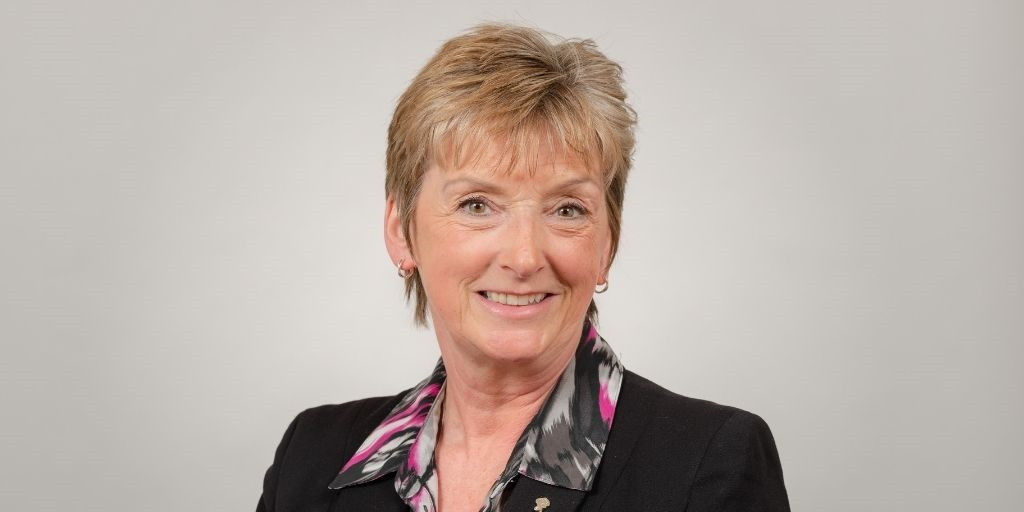06/11/2018
Judith Bromley

The cost of dying will rise from April next year.
In what is being described as a stealth death tax, the government is introducing new fees which will see families being hit with bills as much as £6,000 to secure probate on a loved one’s estate.
The cost of probate, which is gaining legal control over a deceased person’s assets, is to increase from a flat fee of £215 to as much as £6,000 for wealth estimated at over £2million.
Currently, bereaved families pay £215 to apply for probate to administer a loved one’s finances when they die. This fee is slightly less – £155 – if they use a solicitor. Typically, probate has to be granted before families can access any money from an estate.
According to the Ministry of Justice, the new sliding scale charges will start at £250 and be capped at no higher than 0.5% of the value of the estate. This will affect around 280,000 families a year, 56,000 of which will be faced with bills of between £2,500 and £6,000. One saving grace is that estates valued at less than £50,000 will be exempt from the charges. At the moment the threshold is £5,000.
Executors will have to pay the fee up front before reclaiming it from the estate once probate has been granted. It’s expected that some grieving families will have to resort to loans to cover the fees, but the Ministry of Justice has stated that it will be publishing guidance on ways to pay.
The increase has stuck a chord with legal groups, campaigners and charities. Sir Vince Cable, leader of the Liberal Democrats, branded the increase “astronomic”. This has been echoed by Steve Webb, a former pensions minister. Mr Webb, who is now policy chief at investment firm Royal London, accused the government of sneaking out the announcement.
Critics also allege the government will use the new fees to help prop up a £1.6 billion shortfall in the cost of the ailing courts service. The MOJ is expected to make an extra £185 million a year from the charges by 2022-23.
In contrast, the government argues that the fee is not a tax and will see 25,000 families benefit from the changes each year. Justice Minister, Lucy Frazer said: “Fees will be set at a level to ensure that they will only be paid by those who can afford them, with all income going directly to our courts and tribunals – ensuring justice is done, and protecting victims and vulnerable people.”
The government is also defending the move by declaring the increase is not as much as it had proposed last year when bills were projected to rise as high as £20,000 (see our news article dated 21/03/2017). Opponents are quick to point out, however, that the cost of the probate process will not require extra work or resources for the additional fees.
Judith Bromley, head of wills and probate at Russell & Russell Solicitors said: “When changes to the probate system were proposed in 2017, a cross-party parliamentary committee warned that they might not be lawful. The MOJ was clearly informed that the fee should cover the cost of the probate process and there’s no more work involved in administering an estate of £5,000 than there is to one of £500,000, so I’m at a loss as to how the government can justify this as anything other than a tax.”
Please note that this article is meant as general guidance and not intended as legal or professional advice. Updates to the law may have changed since this article was published.

